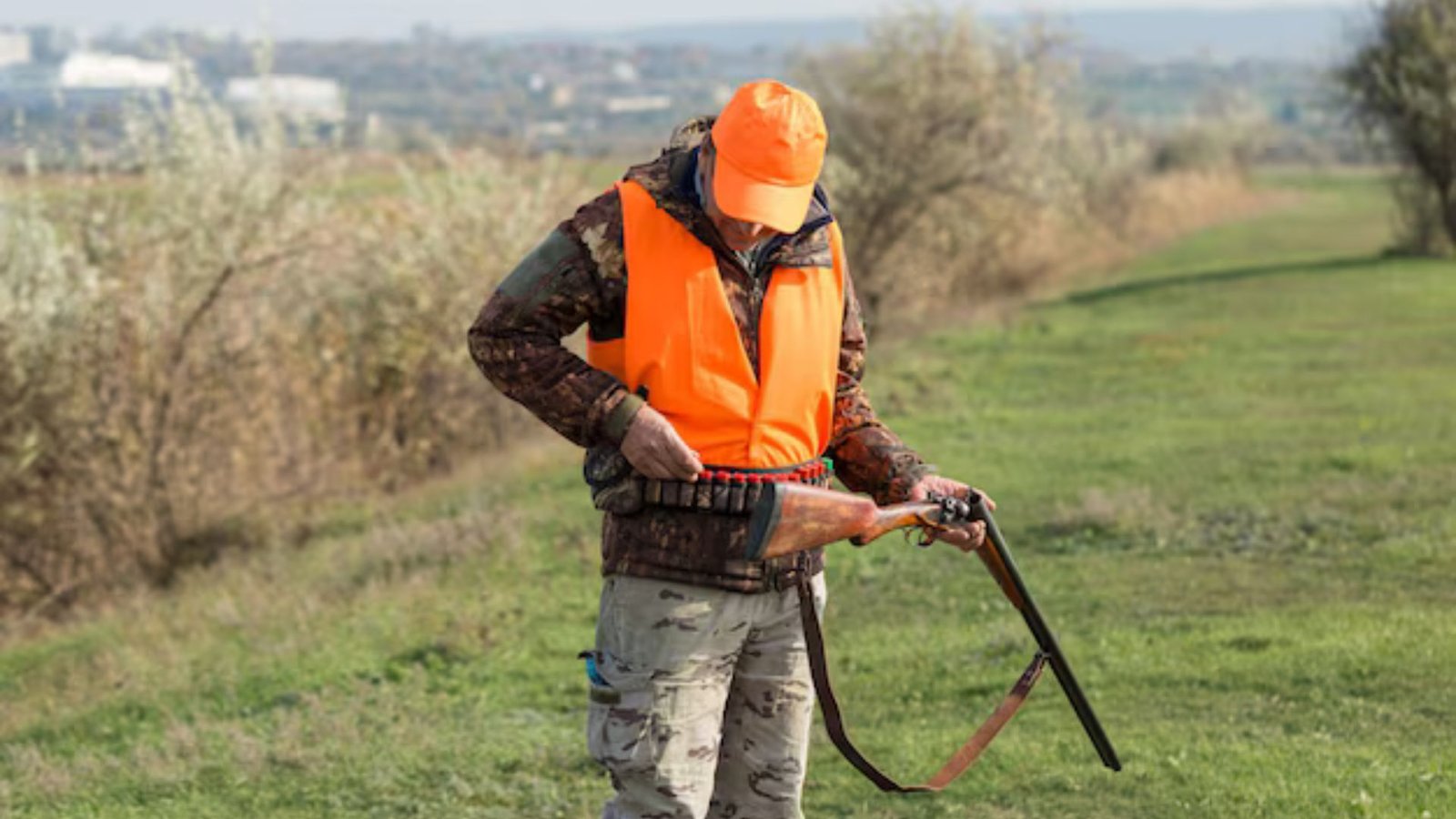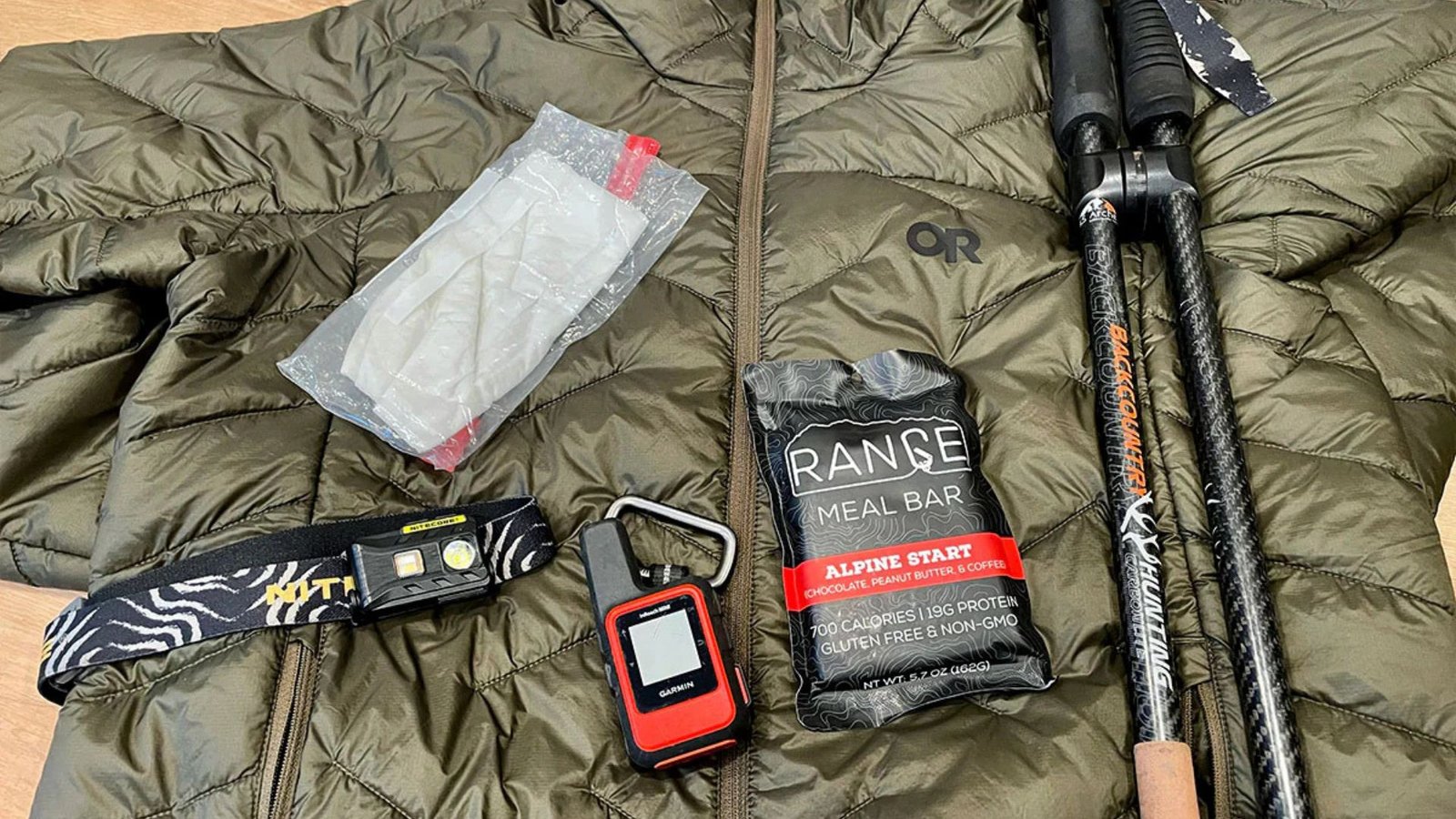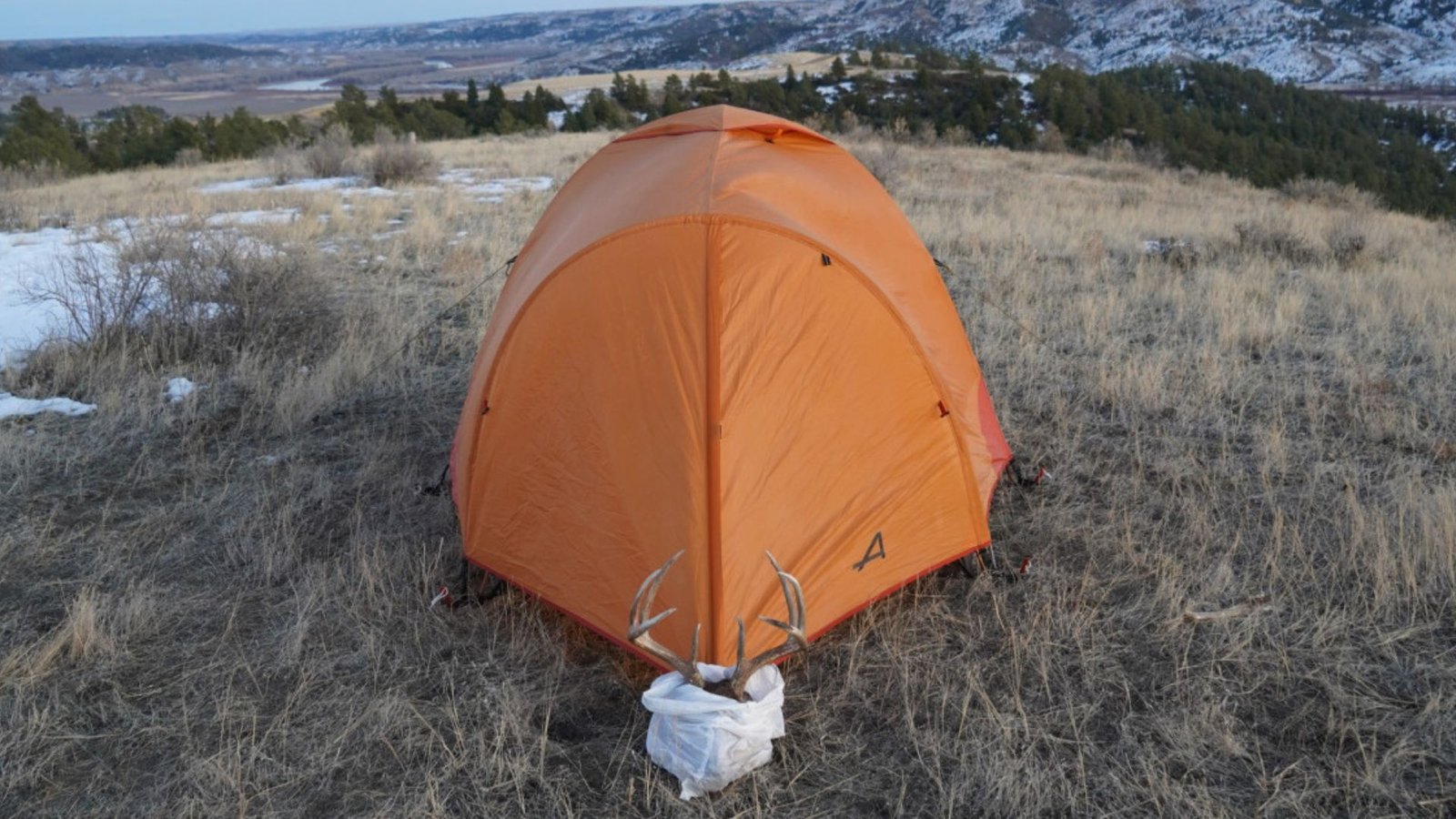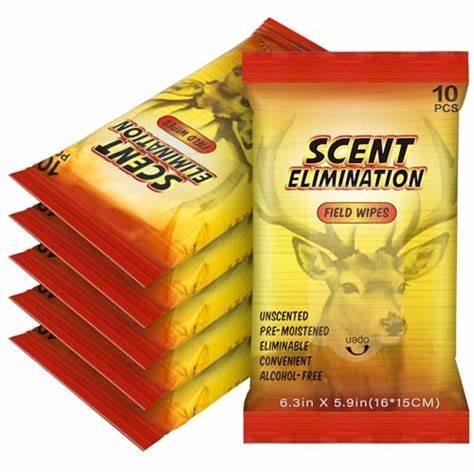Staying safe in hunting camps should always be a top priority for every hunter. Whether you are a beginner or an experienced hunter, being prepared and aware of safety measures can help ensure a successful and enjoyable hunting trip. In this article, we’ll share some important tips for staying safe in hunting camps. By following these guidelines, you can minimize risks and focus on the thrill of your adventure without unnecessary worry.
Set Up Your Camp in a Safe Location
One of the first steps in staying safe in hunting camps is choosing the right location for your camp. You should always look for a site that is away from known wildlife paths, predator habitats, or areas prone to flooding. It’s also a good idea to avoid setting up too close to other hunters. A quiet, secluded spot that is accessible but not too exposed will help keep you safe. Additionally, be aware of the weather conditions in the area. Set up your tent or shelter in a location that is protected from wind and rain to avoid accidents or exposure to harsh elements.
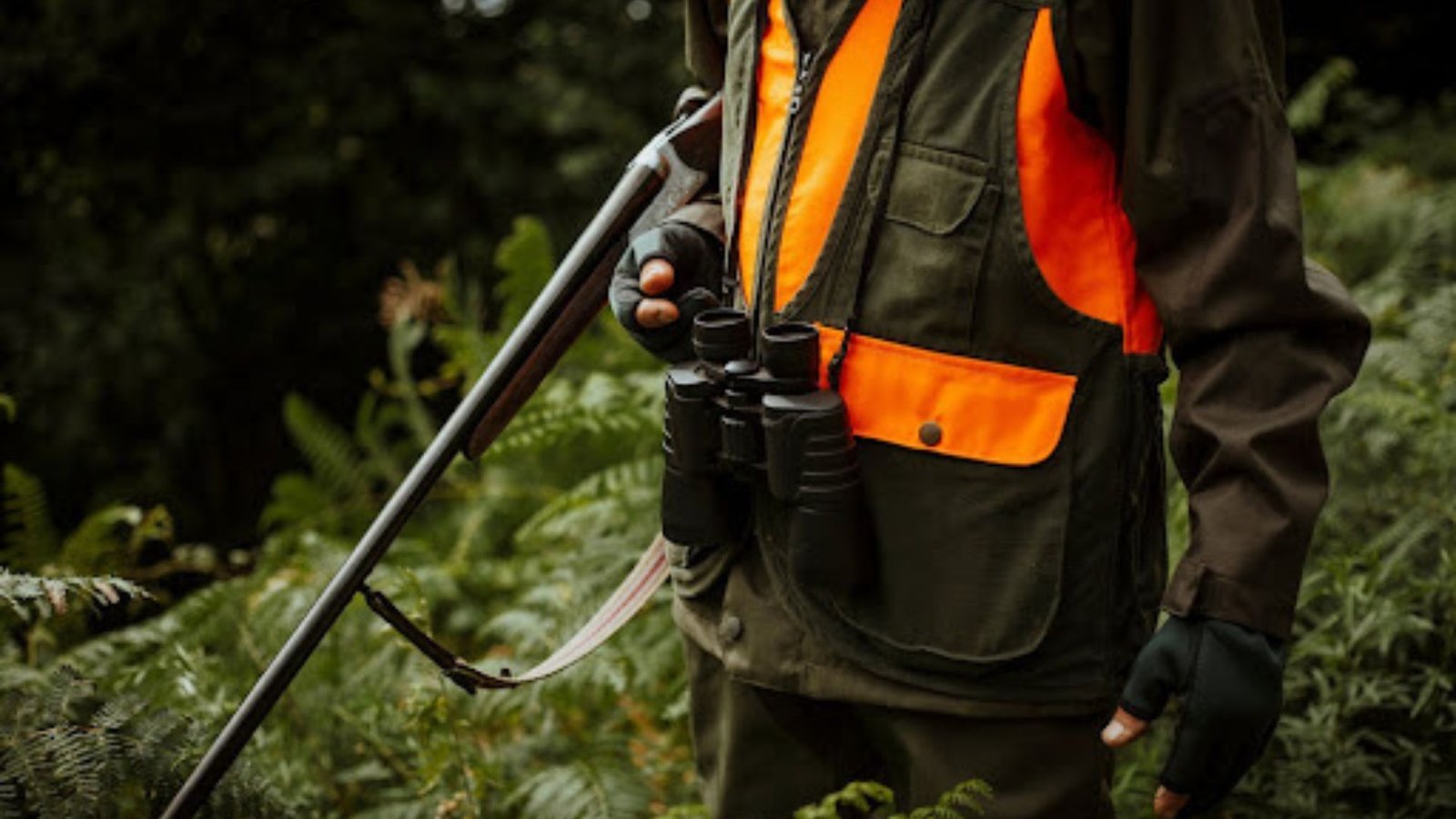
Keep a First Aid Kit Handy
Accidents can happen when you’re out in the wilderness, which is why staying safe in hunting camps requires having a well-stocked first aid kit. Your kit should include basic items like bandages, antiseptic, tweezers, and pain relievers. You should also have specific supplies based on your personal needs or any medical conditions, such as EpiPens for allergies. Make sure that everyone in your group knows where the kit is stored and how to use its contents. In the event of an injury, having a first aid kit can help you manage the situation until you can get proper medical help.
Always Tell Someone Your Plans
Before you head out on your hunting trip, it’s important to inform someone of your plans. Let them know where your hunting camp is, what route you’ll take, and when you plan to return. Staying safe in hunting camps means keeping others informed about your whereabouts. If you’re out of cell phone range, it’s a good idea to leave a detailed itinerary with a friend or family member. In case something goes wrong, they’ll know where to look for you and when to alert the authorities if necessary.
Follow Fire Safety Guidelines
Fire can be a great tool for warmth and cooking, but it also poses a significant safety risk in a hunting camp. To ensure staying safe in hunting camps, always follow fire safety guidelines. Make sure your fire is built in a safe, designated area, such as a fire ring or fire pit, and keep it small. Always keep water or a fire extinguisher nearby to put out the fire if it gets out of control. Never leave a fire unattended, especially in dry conditions where wildfires can easily start.
Know How to Handle Wildlife Encounters
Wildlife is one of the most exciting aspects of hunting, but it can also pose dangers if not handled properly. Staying safe in hunting camps involves understanding how to respond to wildlife encounters. Always keep a safe distance from animals, especially predators like bears, mountain lions, or wolves. If you come across a wild animal, remain calm and do not approach it. Store food and cooking supplies away from your camp, preferably in a bear-proof container or hung up high in a tree, to avoid attracting animals. Familiarize yourself with local wildlife and their behavior to reduce the risk of dangerous encounters.
Have Emergency Communication Devices
In the event of an emergency, having a reliable communication device is essential for staying safe in hunting camps. Cell phones don’t always work in remote areas, so consider carrying a satellite phone or a two-way radio. These devices can be a lifesaver if you need to contact someone for help or give your exact location during an emergency. There are also GPS trackers available that can alert someone if you’re in trouble. Make sure all members of your group have access to these devices and know how to use them.
Be Aware of the Weather and Temperature
Weather conditions can change quickly in the wilderness, and staying safe in hunting camps means being prepared for any situation. Before heading to your hunting camp, check the weather forecast and pack accordingly. Bring layers of clothing to adapt to changing temperatures and pack a rain jacket for unexpected weather. If you’re camping in cold weather, make sure you have the proper gear, such as a sleeping bag designed for low temperatures and warm clothing. In hot weather, protect yourself from sunburn and dehydration by bringing plenty of water and sunscreen.
Stay Alert and Keep Your Campsite Clean
Maintaining situational awareness is an important part of staying safe in hunting camps. Always stay alert, especially during dawn and dusk when wildlife is most active. Avoid distractions and keep an eye out for any signs of danger, whether it’s a predator or a changing weather pattern. Additionally, keeping your campsite clean is key to minimizing the risk of unwanted wildlife encounters. Pack out all trash, including food wrappers and scraps, and never leave food unattended. A clean campsite will not only keep you safe but also preserve the environment for future hunters.
Conclusion
By following these tips for staying safe in hunting camps, you can enjoy your hunting trip with peace of mind. Whether it’s setting up camp in a secure location, knowing how to handle wildlife, or having the right equipment, safety is key to having a successful and enjoyable experience.







